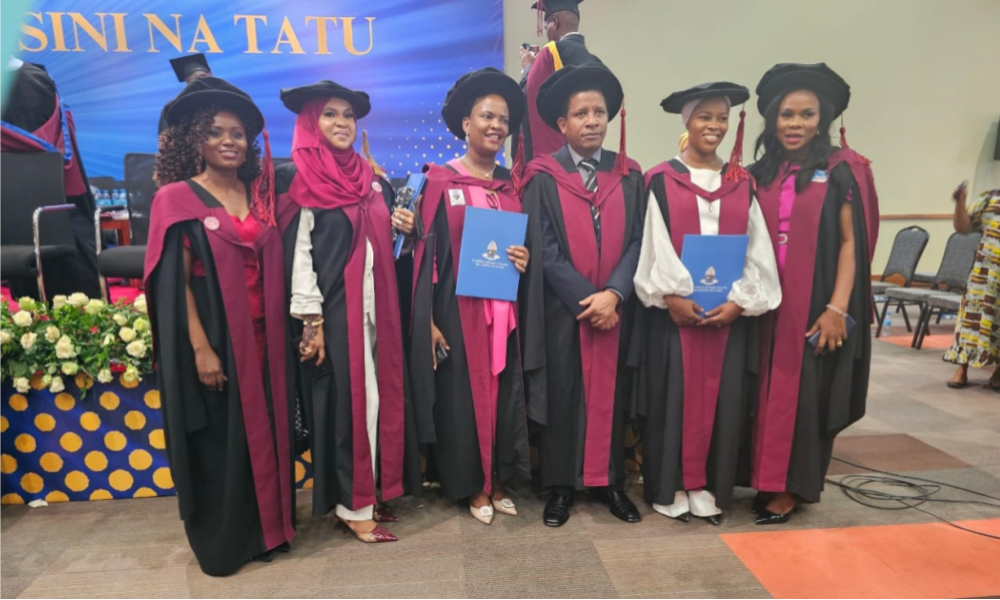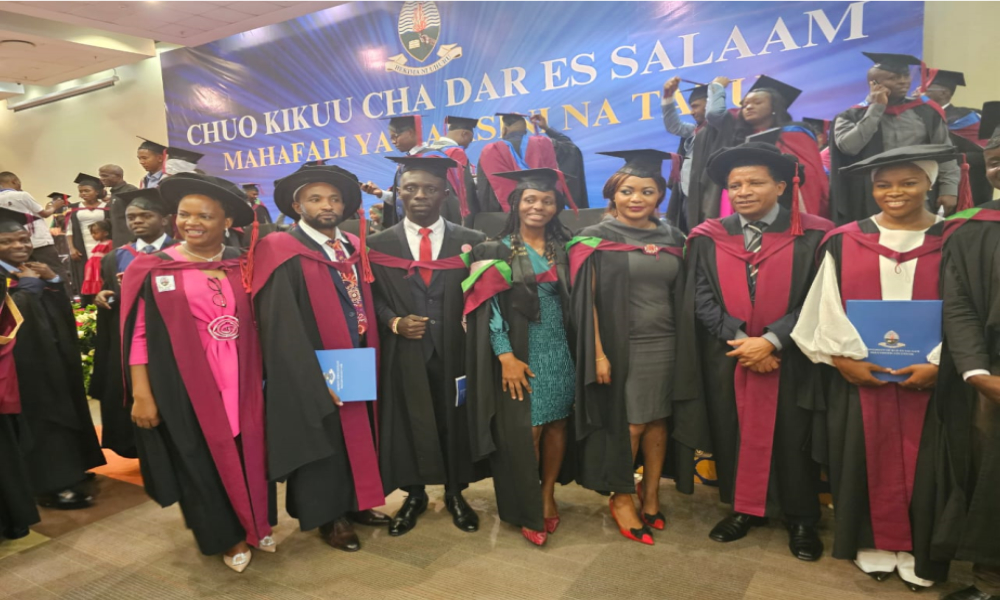About the Institute of Resource Assessment (IRA)
The Institute of Resource Assessment (IRA) is a multidisciplinary/interdisciplinary research institute dealing with issues related to natural resource assessment and environmental management in general, including climate change adaptation and vulnerability assessments. During the last fifty years, the Institute of Resource Assessment, formerly Bureau of Resource Assessment and Land Use Planning (BRALUP), established in 1967, has acquired vast experience in developing integrated methodologies and techniques involving local communities in planning and management of natural resources for sustainable development.
BRALUP was established as an applied research wing within the University of Dar es Salaam (UDSM) with an objective to support the Government of Tanzania in planning and assessment of both human and natural resources. In July 1982, BRALUP was elevated to a fully-fledged Institute of the UDSM, and was established in accordance with the UDSM Act of 1970. Since its establishment, the institute has undertaken applied research in the focal areas of natural resources, environment (including environmental impact assessment), water resources, agricultural systems and food security, social and policy analysis, population and human settlements patterns. Climate change adaptation and vulnerability assessment have also been important focus areas. IRA has extensive and diverse experience in building local, national, and regional level capacity for assessing climate change impacts and devising adaptation options. The institute has developed and disseminated a wide variety of tools and methods to enhance outreach and communication between research and decision-making communities.



%20with%20their%20Supervisor%20(Dr.%20Noah%20Makula%20Pauline%20at%20the%20middle).jpg)
